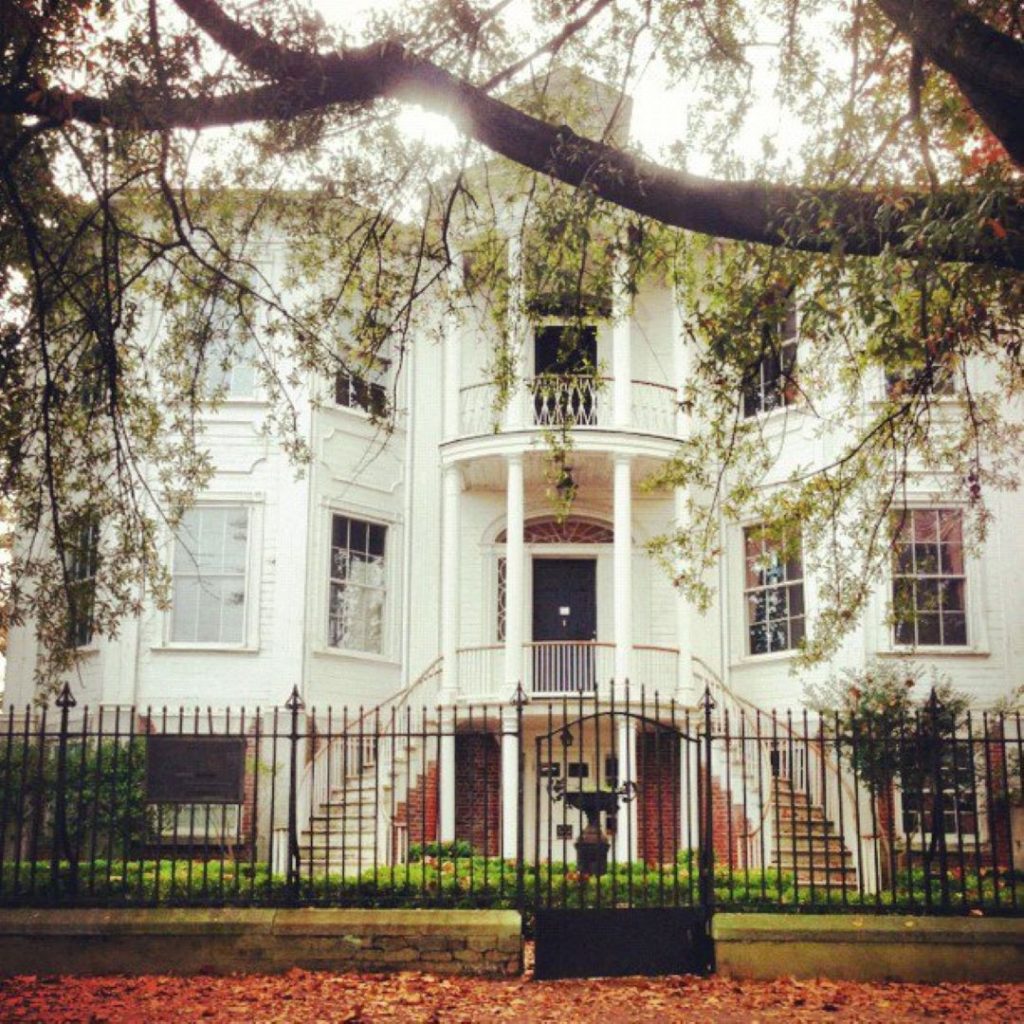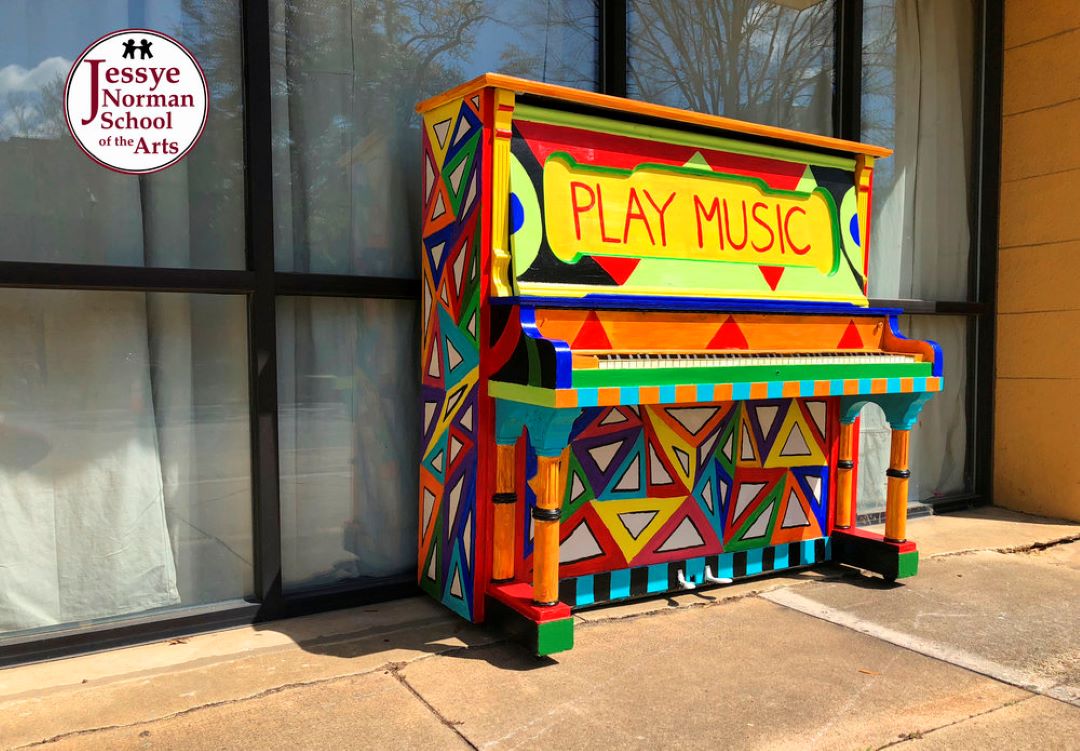Hearing that the Gertrude Herbert Institute of Art had been awarded a Georgia Council for the Arts’ bridge grant was welcome news to Heather Williams’ ears.
“This makes it a little easier for those who were hit hard by the pandemic,” said Williams, the art institute’s executive director. The state arts council announced grant recipients July 7.
The art institute is one of five area organizations to receive grants. The arts council awarded three different types of grants to 266 agencies statewide. Grants totaled more than $2 million and fell into the bridge, projects and arts education categories, according to a news release.
MORE: Arts Organization Join Forces For Artist-In-Residence
The Gertrude Herbert was closed from March 2020 to April 2021, with some limited programming returning at the beginning of 2021. All classes and fundraisers were cancelled for the remainder of 2020. The art institute will receive $10,000 via the grant, she said.
While summer camps have been successful, some projects haven’t returned. Williams said she’s been unable to find a juror for the annual Sense of Place exhibition.
She anticipates a full return to classes in the fall and hopes for big things at the November Oysters on Telfair fundraiser.

Gary Dennis, executive director of the the Jessye Norman School of the Arts, was pleased to hear that his organization had received two grants. The school received both a project grant and one for its arts education programs.
Dennis said the $6,000 project grant would augment another grant received through AARP. The center has senior-driven programs on Wednesdays.
He wants to build permanent stalls outside the school which could be used to create an artist market and food stall to be used by an organization such as Augusta Locally Grown. The city has already approved the installation of the stalls.
[adrotate banner=”29″]
“In the first season, the school plans to staff the stalls ourselves, but as we attract more partner organizations, we plan to adopt a more traditional market model of renting out stalls to independent vendors at very low rental costs to stimulate interest and partnerships,” he said.
Dennis said the stalls are part of an overall goal to make the Jessye Norman School a downtown destination.
“We’re open from 9 to 9 and are a vibrant part of the community,” he said.
But that’s inside the walls. Outside the walls, people aren’t connected with the exception of the painted pianos public art program. More pianos are on the way, he said.
Dennis would like to see more pedestrian traffic past his building and thinks the outdoor market concept would be a draw.
“We want to create points of interest,” he said. “People would intrinsically come our way to interact.”
MORE: Jessye Norman School To Offer Financial Empowerment Program
Area organizations receiving grants include bridge grants to the Augusta Mini Theatre, Augusta Symphony, the Gertrude Herbert Institute of Art, Greater Augusta Arts Council and the Morris Museum of Art; project grants to the Jessye Norman School of the Arts; and education grants to the Morris Museum or Art and Jessye Norman School of the Arts.
“Georgia’s arts industry strengthens our economy, supports tens of thousands of jobs in cities and towns of all sizes across the state and plays a meaningful role in our daily lives,” said Georgia Department of Economic Development Commissioner Pat Wilson, in a news release. “Considering the numerous challenges faced by arts organizations during the pandemic, we are particularly pleased to distribute this funding to help these organizations create, innovate and flourish. Ultimately, these grants will be felt widely as they benefit our economy and contribute to the vibrancy of our state.”
Charmain Z. Brackett is the Features Editor for The Augusta Press. Reach her at charmain@theaugustapress.com.
[adrotate banner=”43″]











